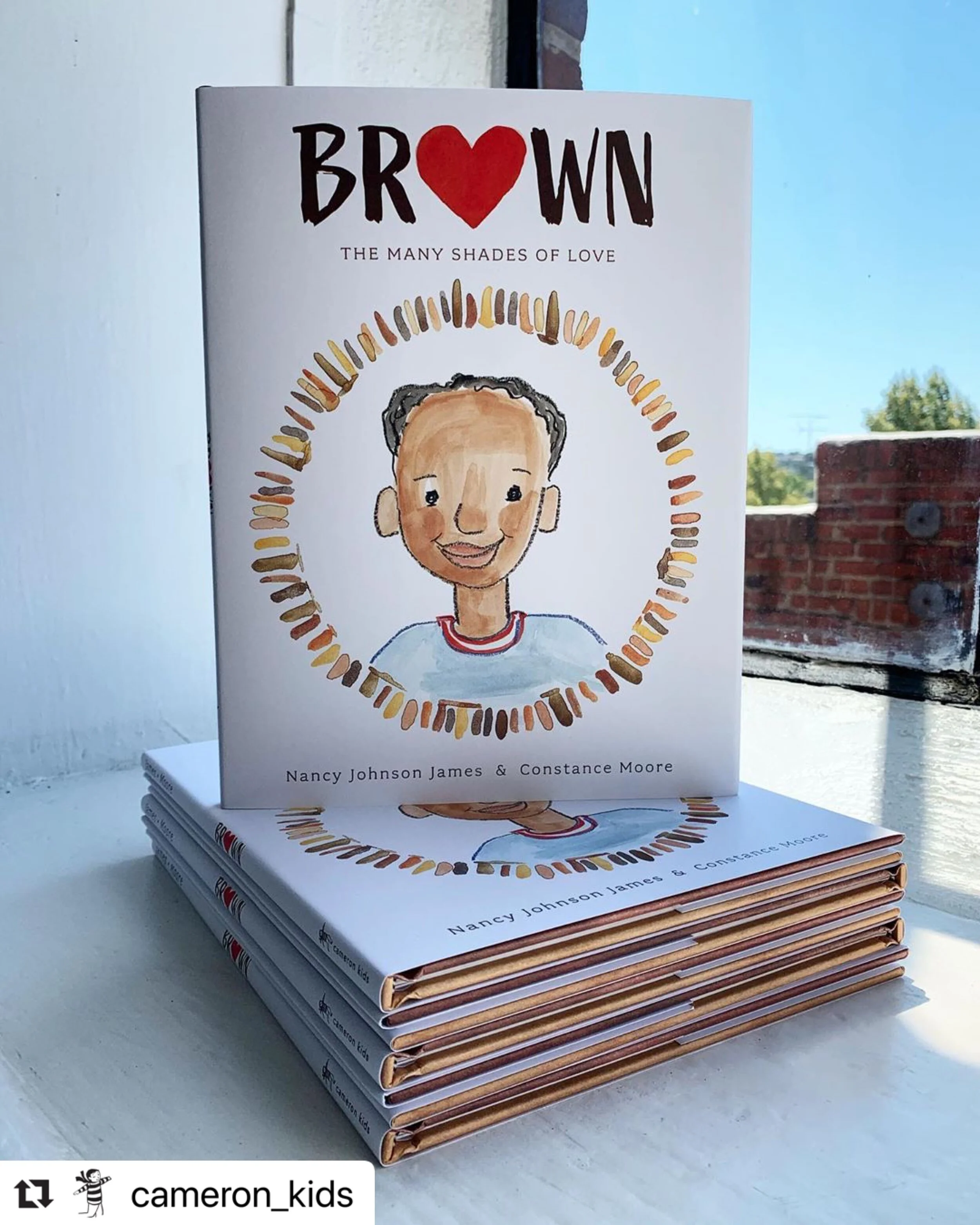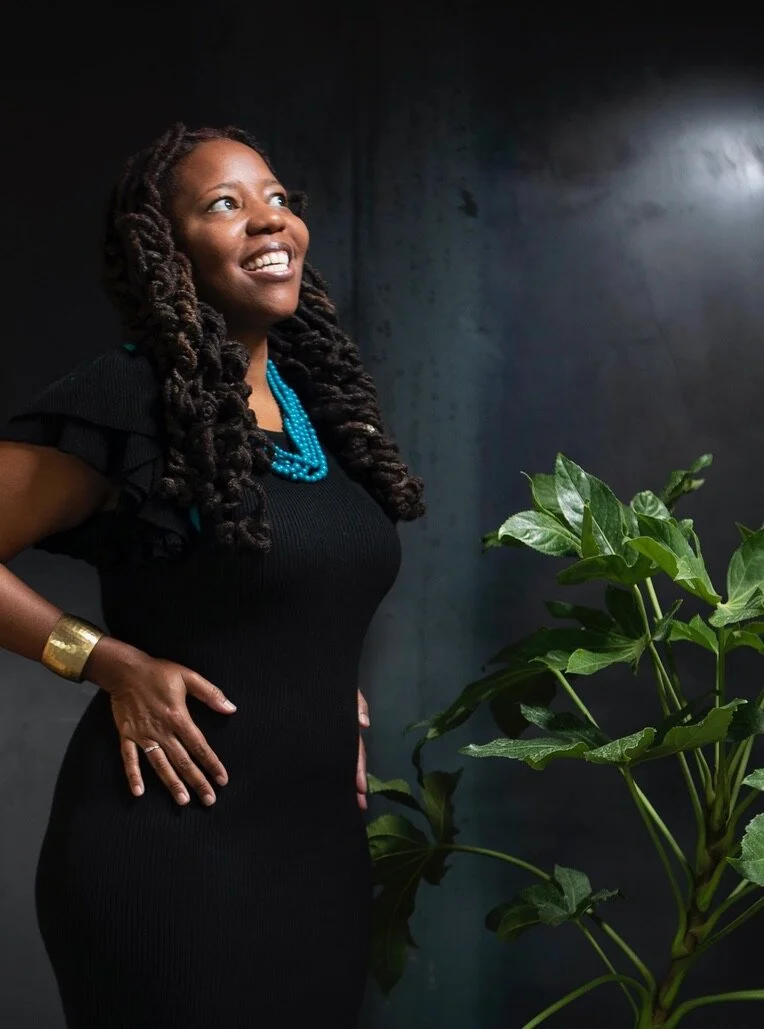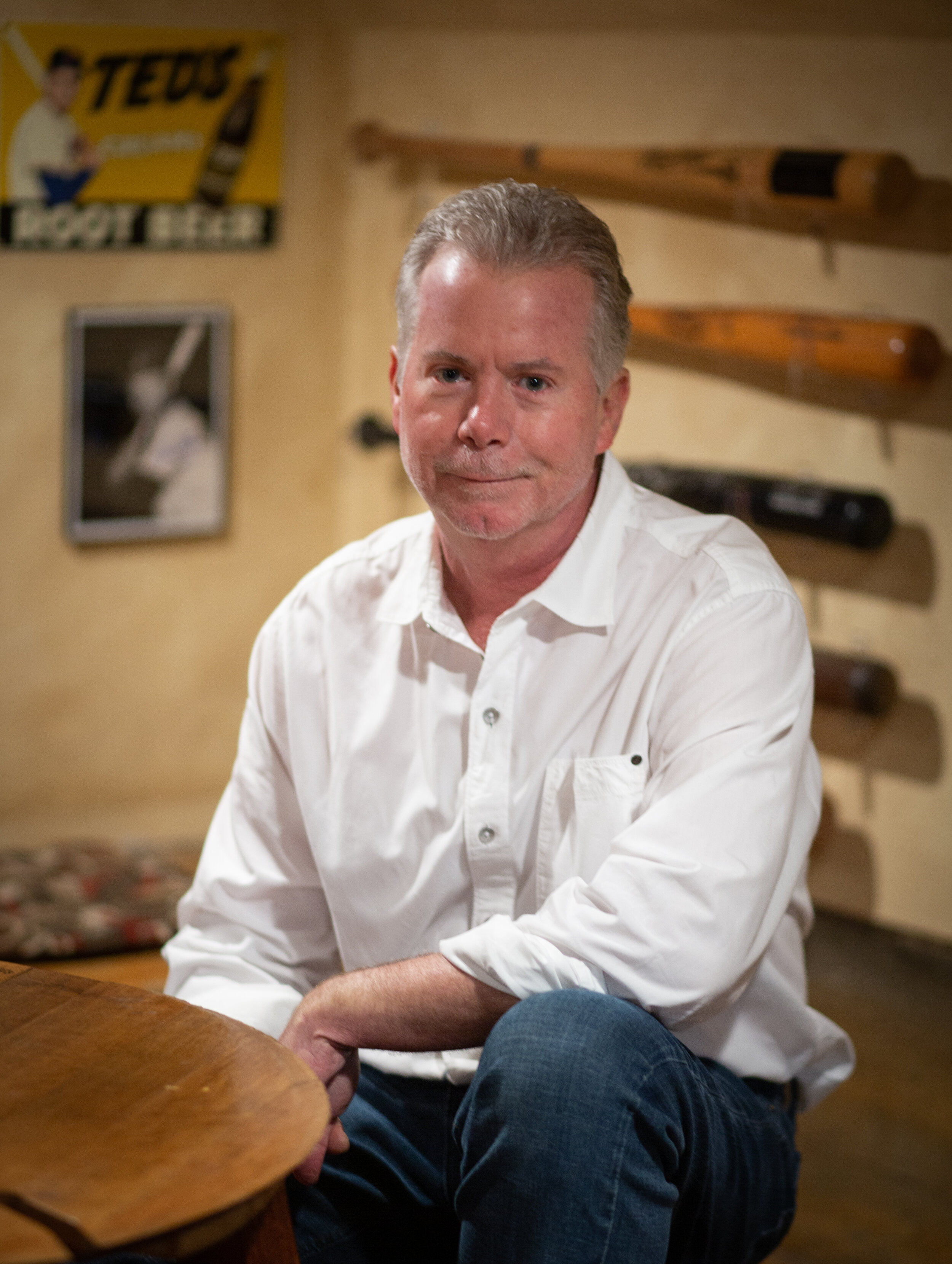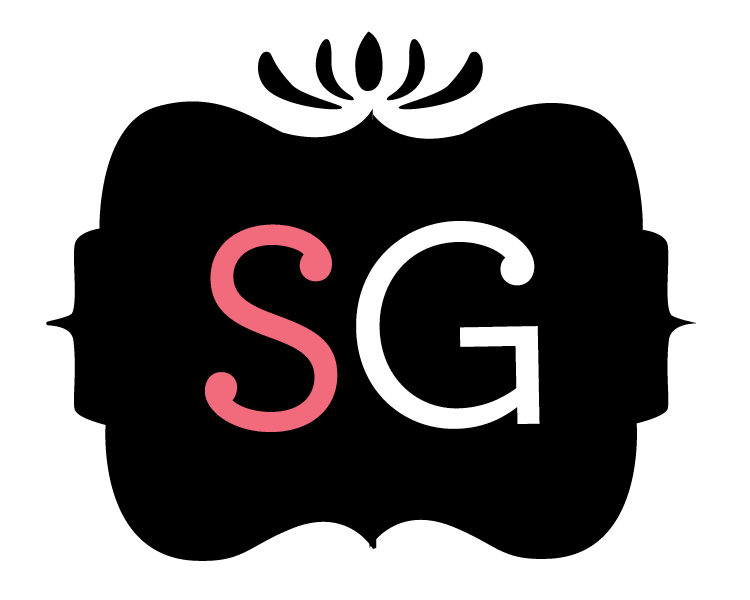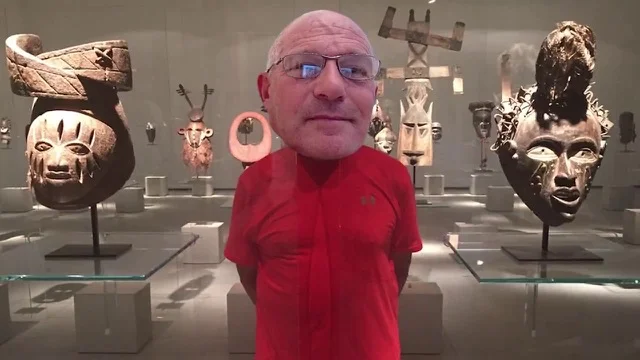Poetry, Anticapitalism, and Freedom: Interview with John Gruntfest
Best known for his groundbreaking experimental jazz, John Gruntfest has been making art in the Bay Area since the 1960s. In collaboration with Richard Gilman-Opalsky and Minor Compositions, he's just published Future Che, a revolutionary sci-fi epic poem about surviving the wreckage of capitalism.
Kristy: Tell me your name and about Future Che.
John: I’m John Gruntfest, otherwise known as Gruntfest, Void Leaper, Wave Man, White Oak Man, Mr Ayahuasca, and Future Che. There are way too many entities coming through, so it gets crowded upstairs.
Kristy: I love the foreword that Richard wrote and the quote in it from Rachel Swan about you being a ghost and haunting the Bay Area.
John: I have pretty much been ignored in this area although I have been creating events on both small and large scales. The music is noncommercial and non-popular, which is difficult for most folks to comprehend. Although people really love the live events whenever they happen, which is sporadic. I think also that the intensity of the energy around the music and art can really scare people. In the old days when I would recite on top of the music some kind of rant, it really disturbed folks. I was often admonished by people asking me not to say anything. It was both the politics and the intensity of expression. So I have been haunting this scene for the last forty years or so and have had some impact but not a lot of recognition.
Kristy: Tell me about Future Che and its genesis. You said you wrote it at work.
John: I wrote it on the computer at one of my veterinary clinics while I was working. I only found the hard copy and have no record of it in my computer files.
Kristy: So you had to retype it? And did you find yourself editing as you went along? Because if I picked something up that I wrote twenty years ago, I would have made some changes. You were happy with it?
John: There are very few edits. When I finally retyped it I gave it to my partner, Megan Bierman, and my good friends, Greg Goodman and Jan Labate, and they read it and were very excited. They said it was a masterpiece. So I guess I am lucky to have a couple of masterpieces in my life, Future Che and July 4, 1979, which was recorded on that date at Joe Sabella’s Metropolitan Art Center in San Francisco. Joe and I had been playing very hard for hours at a time. We approached music as a very physical event.
Kristy: What about this character you created, Future Che, and the genesis of the art, poetry, and music project? And why is something you wrote 20 years ago relevant now?
John: Future Che is another one of those entities that appears in my life. She or he is a political commentator and a survivor of the ravages of capitalism who has learned to survive and fight on a different plane of reality. As Future Che says “telepathy is revolutionary.” The project came about because I had done the cover for Richard Gilman-Opalsky’s Spectacular Capitalism,which Stevphen Shukaitis published out of Minor Compositions. Then Stevphen asked me to suggest a book that included poetry, art, and music, so I sent him the painting Nao, Future Che, the poem, and July 4, 1979, the cd, and he went for it and decided to put it out. It was very exciting to me because the poem comes out 20 years later and the cd 35 years later.
Kristy: Yes, but why is it relevant now, and why should I read it today?
John: You and I have talked about this both of us being children of the '60s. Yes we have organic food, holistic medicine, and gay marriage, but we failed to change the system of capital that is so destructive. I am a red diaper baby. My parents and grandparents were communists. And what do we see in the world but the failure of revolutionary movements and the corruption by capital’s power and propaganda to subvert the very things we thought would lead to systemic change? As Future Che says, “You can have your fun and games but don’t disrupt the empire.” So what Future Che proposes in its science fiction poetic way is that there is a way of working in resistance that exists on other planes. We have to function in this futuristic other dimensionality way because we have not succeeded in making the necessary changes to save ourselves and the many different beings impacted by the destructive behavior of capital. The poem is also in touch with current anarchist and autonomist thought about creating spaces where folks can create zones of freedom from the current spectacle of capital. Capitalism is so pervasive, especially in the San Francisco high tech world. Everyone thinks it is so great and cannot possibly crash like the last dot-com bust. Future Che conflates the I and the we in the same way , so we never know exactly the gender of this entity.
Kristy: And the music?
John: July 4, 1979 is a tour de force of the drum and saxophone duet. It prefigures punk and experimental rock in its very avant garde form. It does for July 4 what Jimmy Hendrix did for the Star Spangled Banner.
Kristy: How do you survive as an artist making art that is not focused on making money? How do you find artistic satisfaction and creative inspiration over these forty years of playing to small audiences and not gaining much recognition or money?
John: I always told Richard that I just refused to give up. I hate capital, and I hate the idea of making a product that has some function in capital. You will never hear my music in Safeway. You will never see Future Che reviewed in the New Yorker. I came off the road in 1982 after touring for 2 years with Indoor Life, Snakefinger, and Tuxedo Moon. At that time, New Wave was happening in San Francisco. It was rock, but it had an avant garde edge to it. On the road I saw how corrupt the music business was. So I came off the road and decided to go to work and separate my art from any form of commercial concern. I had read the biography of Charles Ives, who worked during the day and composed at night. He was one of the greats of modern, 20th Century American music. You could say he was my mentor both in music and in business. So I went to work and built a successful veterinary business and kept playing, writing, and making art. I had also tried to get myself out there with my record company, Independent Records, one of the first independent labels in this area. I was trying to sell myself and my records, and I said to myself, “I did not drop out of a hustling scene to just drop into an alternative hustling scene.”
Kristy: But what keeps you going?
John: Fun. It’s been a lot of fun. I do not know if what I have done is good, great, bad, indifferent but it has been a lot of fun. As Johnny Rotten said, “Fun! Doesn’t anyone remember fun?”
Kristy: So you worked and then retired and now travel and create in different countries?
John: Retiring was great because now I could practice and paint and was not broke. Thirty years passed, and nothing changed except I was not poor any more. Megan and I travel. We paint and practice together and just enjoy life. And now, this great little book. Stevphen and his crew did such a great job. Like you said, the book is small and light, and you could carry it in your purse with you.
Kristy: I have been carrying it with me since you gave it to me. It reminds me of a writing workshop I attended, “How Many Readers Are Enough?” The panelists asked, “Do I need to be Dan Brown selling bestsellers? As an artist, what do I want?” And what they agreed on was that they don’t need a million readers. They don’t need to get rich as writers. They do want a dedicated following, a few people who get it. They want someone at some point to say, “Yes, let’s make a chap book. Let’s do something with this.” And it sounds like you have figured that out as well.
John: Yeah, I can probably name all ten people. Actually, the folks who come are my family and friends, and that is just fine. Occasionally, there will be a festival or larger event like the 2009 Raven Free Orchestra, but mostly it is just an intimate affair.
Kristy: I think of you in three disciplines: playing, writing, and painting. Do you feel as if you are expressing yourself in different languages?
John: To me it’s a way of manifesting certain visions or spiritual states of consciousness that happen. If the music, poetry, or painting is happening in a certain way, it is almost effortless. I prefer inspiration to hard work, but they are both components of the same thing. I am a well-trained musician. I was trained as a big band player and a classical player. I took up painting to have an area in which I had no training so I could get free again. But as with all things, discipline sets in, and I start to learn and develop some limited skill with the paint. Writing, on the other hand, remains spontaneous. It just pops out when there is something to say. Discipline is a beautiful part of life and can be very freeing.
Kristy: I see that there are both drawings and notes in your book. Could you give me an example?John: Here is a quote from The Little Red and Black Book of Future Che: “The mutation has already happened.”
The Sexy Grammarian meets amazing writers wherever she goes and loves bringing them to readers on the blog. Interested in reading? Purchase Future Che direct from the publisher, Minor Compositions or read the Future Che text for free here. Watch John in action on his YouTube channel. To meet more writers in social media, follow The Sexy Grammarian on Facebook or Twitter.

